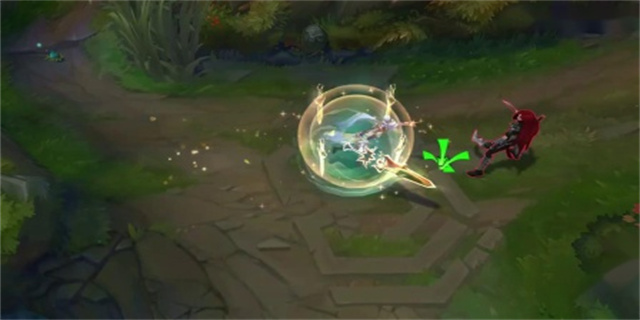尿sui的sui怎么写(Marking Territory The Science Behind Urination)
Marking Territory: The Science Behind Urination
Introduction
Urination, also known as micturition or the act of peeing, is a natural bodily function that plays a crucial role in maintaining our health. While seemingly simple, the process of urination involves a complex coordination between various organs and systems in the body. In this article, we delve into the science behind how urine is produced, stored, and expelled from our bodies.
Urine Formation: A Multistep Process

1. Filtration: The first step in urine formation takes place in the kidneys, where blood is filtered to remove waste products, excess water, and other substances. The glomerulus, a network of tiny blood vessels, acts as a sieve to separate the filtrate from the blood.
2. Reabsorption: The filtrate, now known as tubular fluid, enters the renal tubules where the process of reabsorption occurs. Essential substances such as glucose, ions, and water are reabsorbed back into the bloodstream, while waste products and excess substances remain in the tubular fluid.

3. Secretion: Alongside reabsorption, secretion plays a vital role in urine formation by actively removing waste substances, such as drugs and excess ions, from the bloodstream into the renal tubules. This process helps in maintaining the body's acid-base balance and allows for the excretion of specific substances.

Urinary Storage and Elimination
1. Urinary Bladder: Once urine is formed and collected in the kidneys, it travels through the ureters to reach the urinary bladder for temporary storage. The bladder is a muscular organ that can expand and contract, accommodating varying volumes of urine.
2. Neural Signaling: When the bladder reaches its maximum capacity, stretch receptors located in its walls send signals to the brain, indicating the need for voiding. However, under normal circumstances, voluntary control allows us to delay urination until it is convenient.
3. Micturition Reflex: When we decide to urinate, the brain sends signals through the spinal cord to relax the bladder's internal sphincter and contract the external sphincter muscles, allowing urine to exit the body through the urethra. This coordinated process is known as the micturition reflex.
The Factors Affecting Urination
1. Fluid Intake: The amount and timing of fluid intake directly influence the frequency and volume of urine production. Consuming large volumes of fluids, especially those with diuretic properties like coffee and alcohol, can increase urine output.
2. Hormonal Influence: Hormones such as antidiuretic hormone (ADH) and aldosterone have a significant impact on the concentration of urine. ADH acts on the kidneys, increasing water reabsorption and producing concentrated urine, while aldosterone regulates the reabsorption of sodium ions.
3. Medical Conditions: Certain medical conditions like urinary tract infections, kidney stones, and prostate enlargement can interfere with normal urination. Understanding these conditions and seeking medical assistance is essential for maintaining urinary health.
Conclusion
Although often taken for granted, the process of urination is an intricate mechanism that ensures the body eliminates waste and maintains proper fluid balance. By understanding the science behind urination, we can appreciate the complexity of this essential bodily function and take proactive steps to maintain our urinary health.


暂无评论,518人围观